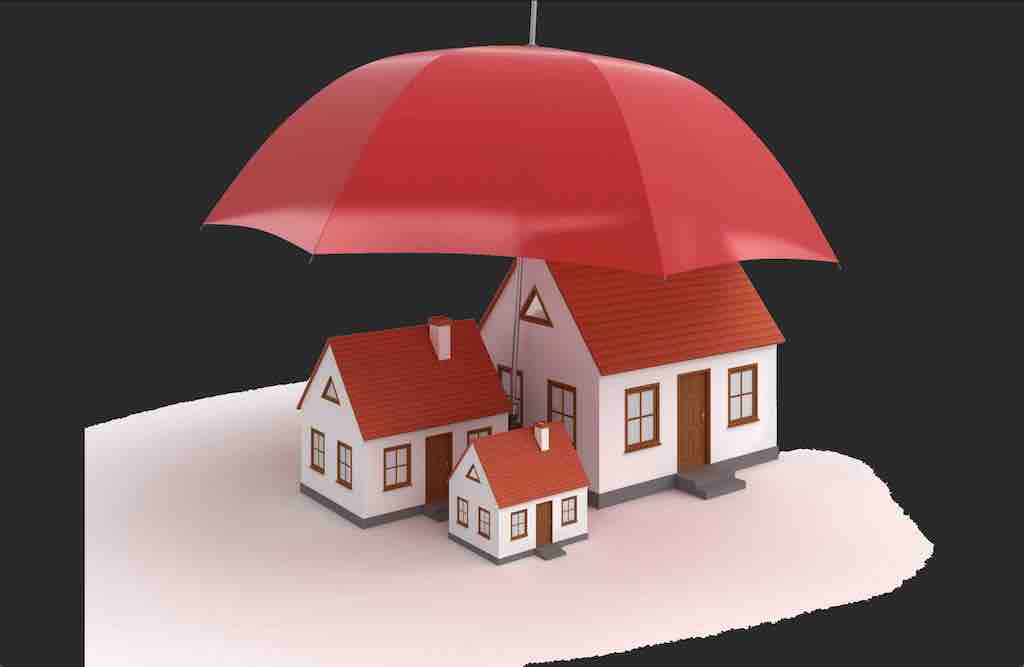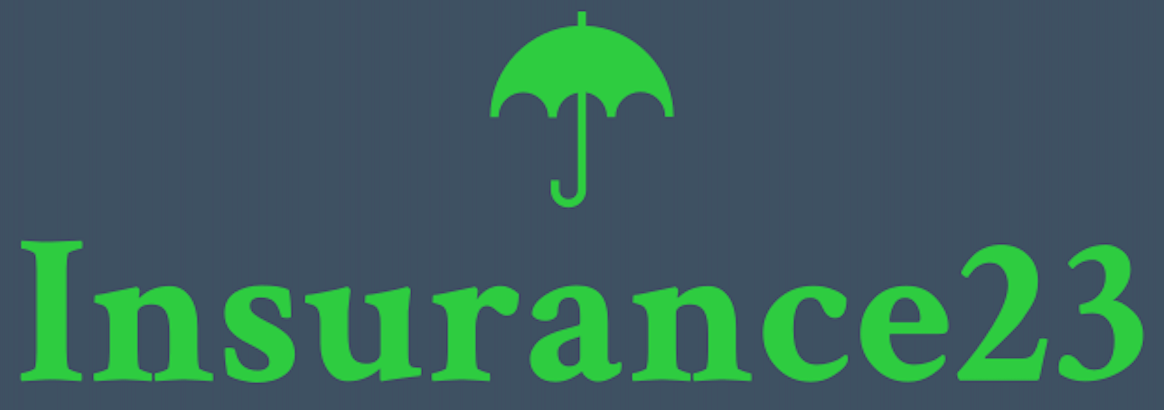
Owning a home isn’t just about bricks and mortar; it’s about creating a safe haven filled with cherished memories. To shield this precious investment from life’s curveballs, you need the robust safety net that home insurance provides. In this detailed guide, we’ll navigate the world of home insurance, demystify its intricacies, stress its significance, and empower you with the knowledge to choose the perfect policy for protecting your home and belongings.
The Essence of Home Insurance
Understanding Home Insurance
Home insurance, often known as homeowner’s insurance, is your financial shield, safeguarding your home and personal belongings from a host of potential risks like fires, theft, vandalism, and natural disasters. But let’s dig deeper into how this safety net actually operates.
How Home Insurance Works
When you invest in a home insurance policy, you’re essentially forming a partnership with an insurance company. You pay regular premiums, and in return, the insurer commits to being there for you in times of covered losses or damages. This support can take various forms – from funding repairs or rebuilding your home after a calamity to replacing stolen or damaged possessions. In dire situations where your home becomes uninhabitable, your insurance can even help with temporary living expenses. Think of it as a financial safety net to catch you when life throws a curveball.
Home Insurance Policies Explained
1. Dwelling Coverage
At the core of any home insurance policy lies dwelling coverage. This component serves as the guardian of your home’s physical structure – the walls that echo with laughter, the roof that shelters your dreams, the foundation that anchors your life, and even the built-in appliances that make daily life smoother. If your home faces damage or total destruction due to covered perils, dwelling coverage steps in to foot the bill for repairs or reconstruction.
2. Personal Property Coverage
Your home isn’t just a physical space; it’s a repository of personal treasures – the comfy furniture where memories are woven, the stylish wardrobe that reflects your personality, the cutting-edge gadgets that keep you connected. Personal property coverage extends its protective embrace to these items. If your personal possessions endure damage or are stolen, this coverage ensures you can replace them.
3. Liability Coverage
Accidents can happen, even within the safety of your own home. When they do, you might find yourself legally and financially responsible. This is where liability coverage comes into play. It acts as a shield, defending your assets and finances if someone gets injured on your property. It covers not just medical expenses but also legal fees if you’re held responsible for the injury.
4. Additional Living Expenses (ALE) Coverage
Imagine a scenario where your home becomes uninhabitable due to a covered peril – a fire, a natural disaster, or some other unexpected event. Where do you go, and how do you manage? Additional Living Expenses (ALE) coverage offers a helping hand in such challenging times. It covers temporary living expenses, including hotel stays, meals, and other necessary costs while your home undergoes restoration.
Navigating the Home Insurance Landscape
Factors to Consider When Choosing Home Insurance
- Coverage Limits: Before locking in your home insurance policy, carefully examine the coverage limits. Are they sufficient to rebuild your home from the ground up and replace your cherished possessions in case of a catastrophic loss? These limits should be periodically reviewed to keep pace with changing construction costs and inflation.
- Deductibles: The deductible is the amount you must pay out of your pocket before your insurance coverage kicks in. While opting for a higher deductible can lead to lower premiums, make sure it’s an amount you can comfortably handle if the need to make a claim arises.
- Covered Perils: Different policies encompass different perils. It’s crucial to grasp which perils are included in your policy and whether you require additional coverage for specific risks like earthquakes or floods.
- Replacement Cost vs. Actual Cash Value: A critical choice is whether to opt for replacement cost coverage, which replaces damaged items with brand new ones, or actual cash value coverage, which reimburses you based on the depreciated value of items. This decision can significantly impact your compensation.
- Discounts: Many insurance providers offer discounts that can help reduce your premium. These discounts can be tied to various factors, such as having security systems in place, bundling multiple insurance policies together, or incorporating safety features in your home. Don’t hesitate to inquire about available discounts to optimize your savings.
Understanding exclusions and limitations
While home insurance provides valuable coverage, it’s important to understand that there are certain exclusions and limitations to be aware of. These are specific situations or perils that are not covered by your policy or have limited coverage. Familiarizing yourself with these exclusions and limitations can help you avoid surprises and ensure that you have the appropriate coverage in place.
Common exclusions in home insurance policies include flood damage, earthquake damage, and certain types of water damage, such as damage caused by a leaking pipe. These perils typically require separate insurance policies or endorsements to provide coverage. It’s important to assess your risk for these perils and consider purchasing additional coverage if necessary.
Limitations in home insurance policies refer to specific caps or limits on coverage for certain categories of items. For example, there may be a limit on coverage for high-value items such as jewelry, artwork, or electronics. It’s important to review these limitations and consider purchasing additional coverage, known as scheduled personal property coverage, for items that exceed these limits.
It’s also important to note that home insurance typically does not cover regular wear and tear or maintenance issues. This includes problems such as a leaky roof, faulty plumbing, or termite damage. These types of issues are considered the responsibility of the homeowner and are not covered by standard home insurance policies. It’s important to properly maintain your home and address any maintenance issues promptly to avoid potential damage and costly repairs.
By understanding the exclusions and limitations of your home insurance policy, you can make informed decisions about additional coverage and take necessary steps to protect your home.
Home Insurance Riders and Endorsements
As you explore the realm of home insurance, it’s crucial to be aware of additional options and enhancements known as riders or endorsements. These can provide extra coverage for specific items or risks not typically included in standard policies. Here are some common riders to consider:
- Flood Insurance: Standard home insurance policies generally exclude flood coverage. If you live in a flood-prone area, securing a separate flood insurance policy or rider is advisable.
- Earthquake Insurance: Similarly, standard policies typically do not cover earthquakes. If you reside in an earthquake-prone region, consider adding earthquake insurance to your policy.
- Scheduled Personal Property: High-value items such as jewelry, artwork, or collectibles might have limited coverage under standard personal property coverage. A scheduled personal property rider can provide additional coverage for these valuable possessions.
- Identity Theft Coverage: This rider can assist in covering the costs associated with identity theft, including legal fees and lost wages.
Working with an Insurance Agent
The Role of an Insurance Agent in Home Insurance
When it comes to navigating the complexities of home insurance, working with an insurance agent can be invaluable. Insurance agents are knowledgeable professionals who can help you understand your coverage options, answer your questions, and guide you through the process of selecting the right policy for your needs. Their expertise ensures that you have the appropriate coverage to protect your home and belongings.
How Agents Help in Choosing the Right Coverage
Insurance agents work closely with you to assess your unique needs and provide personalized recommendations for home insurance coverage. They take into account factors such as the value of your home, the replacement cost, your personal belongings, and any additional coverage requirements. With their expertise, you can make informed decisions and choose the coverage that best suits your circumstances.
The Claims Process: Navigating Home Insurance Claims
In the event of a covered loss, insurance agents play a crucial role in assisting you with the claims process. They guide you through the necessary steps, help gather documentation, and advocate on your behalf to ensure a fair and timely resolution. Insurance agents are your trusted partners, providing support and expertise during challenging times.
Frequently Asked Questions (FAQs)
1. Do I need home insurance even if my home is mortgage-free?
Absolutely. Home insurance is essential even if you fully own your home. It provides protection for your property and belongings, offering financial support in case of unexpected events.
2. What factors can affect my home insurance premium?
Several factors can influence your home insurance premium, including your home’s location, its age and condition, your selected coverage limits, the deductible amount, and any safety features or security systems you have in place. Additionally, your claims history and credit score may also be considered.
3. Is flood insurance included in a standard home insurance policy?
No, standard home insurance policies typically do not cover flooding. If you reside in an area prone to flooding, it’s crucial to purchase a separate flood insurance policy or rider.
4. What steps should I take if I need to file a claim on my home insurance policy?
If you need to make a claim, promptly contact your insurance company. They will guide you through the claims process, which usually involves providing information about the incident and any damages or losses. It’s essential to document the damage with photos or videos when possible.
5. Can I adjust my home insurance policy as my needs change?
Certainly. You can typically modify your home insurance policy to better align with your evolving needs. If you renovate your home, acquire valuable items, or experience significant life changes, such as getting married or having children, it’s advisable to review and update your policy accordingly.
Conclusion
In closing, home insurance is not just a box to check for most mortgage lenders; it’s your fortress, your sanctuary amidst life’s unpredictable twists and turns. It safeguards your most substantial investment, ensuring that your home remains a secure haven.
Investing in home insurance is an investment in your family’s future and your ability to recover from life’s unforeseen events. Don’t rush this decision. Take your time to explore your options, seek advice from insurance professionals, and make a well-informed choice that aligns with your needs and budget.
Remember, your home is more than just a physical structure; it’s a place of comfort and solace. Home insurance serves as your steadfast ally in preserving the safety and security of this cherished haven.





